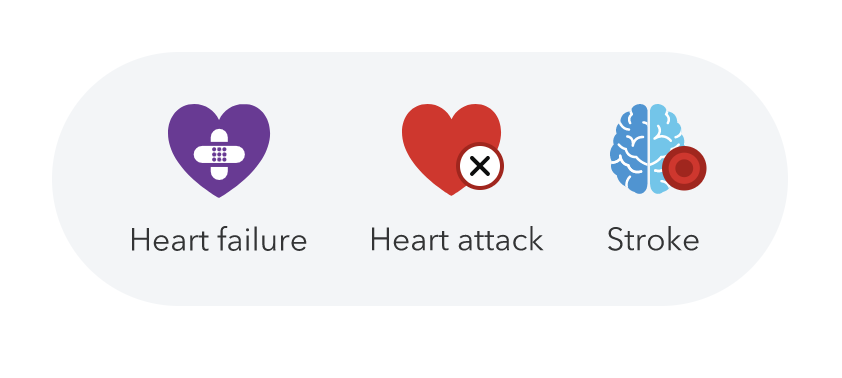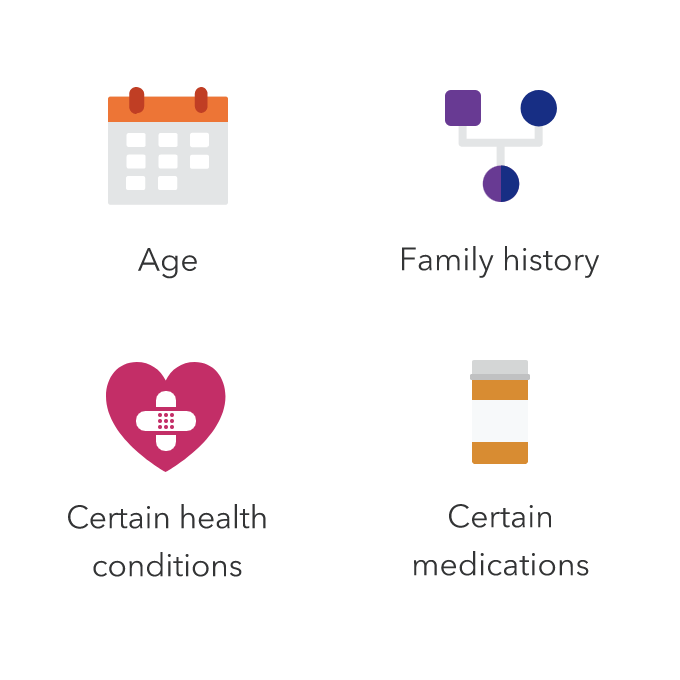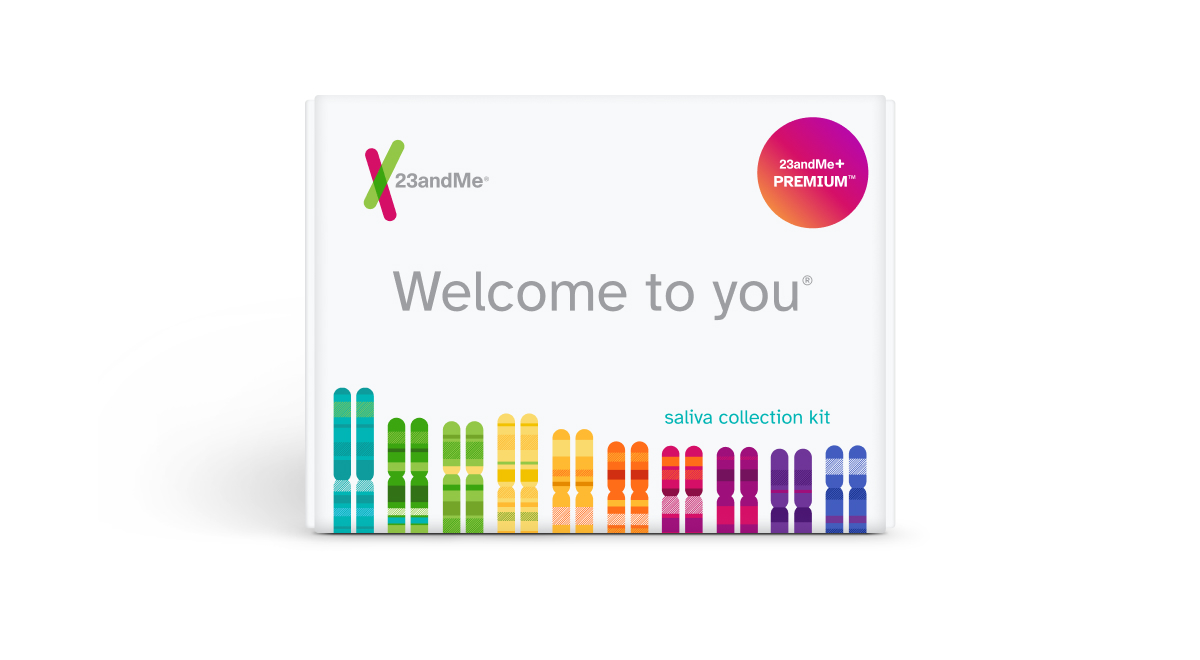Is Coronary Artery Disease Genetic?Explore Coronary Artery Disease and what your DNA can tell you
What is coronary artery disease?
Coronary artery disease, sometimes called CAD, is a type of heart disease typically caused by the buildup of plaque inside the coronary arteries. The coronary arteries are important because they are the major blood vessels that supply the heart with oxygen-rich blood.
When plaque builds up in the coronary arteries, the blood flow to the heart decreases. As plaque builds up over time, people can experience chest pain, shortness of breath, and fatigue. The heart can also become weak, which can lead to heart failure. If a piece of plaque inside an artery breaks off and a blood clot forms, this can cause a heart attack or stroke.

Is coronary artery disease genetic?
Genetics can play a role in coronary artery disease. A family history of coronary artery disease can increase the chances of developing the condition (especially if a parent had a heart attack at a young age).
Find out how genetic testing for coronary artery disease works.
Other factors that may cause an increased likelihood of coronary artery disease
Other than genetics, there are other factors that can impact your chances of developing coronary artery disease. Maintaining a healthy weight and making healthy lifestyle choices can help lower the chances of developing the condition. Age is another factor—CAD becomes more common as people get older. Additionally, males are more commonly diagnosed with coronary artery disease, but females are likely underdiagnosed. Certain health conditions like high blood pressure, high cholesterol, and type 2 diabetes may impact the chances of developing CAD as well.

Did you know?
Up to 16% of people in the U.S. are expected to develop coronary artery disease by their 70s.
Find out if your genetics might increase your likelihood of developing coronary artery disease
23andMe’s Coronary Artery Disease report (Powered by 23andMe Research) can help you learn about what your genetics have to say about the likelihood of developing CAD. You can get this report and more with the 23andMe+ Premium membership. 23andMe+ Premium includes everything in our Health + Ancestry Service plus new premium reports and features throughout the year.

23andMe+ Premium
Please note:
- The Coronary Artery Disease report does not diagnose coronary artery disease and should not be used to make medical decisions.
- The report was developed by 23andMe scientists using data and insights gathered from thousands of customers who consent to participate in our research. Reports based on 23andMe research provide an estimate of your likelihood of developing a condition based on your genetics and other factors. This report does not account for lifestyle or family history.
- The report does not account for every possible genetic variant that could affect your likelihood of developing coronary artery disease.
References